
A leading committee of MPs want airport operator British Airports Authority (BAA) broken up. Members of the House of Commons Transport Committee said its position in the market is "bad for passengers and bad the aviation industry".
BAA, owned by Spanish construction company Ferrovial, operates seven UK airports - the three London airports at Heathrow, Gatwick and Stansted, the three major Scottish airports at Edinburgh, Glasgow and Aberdeen, and growing regional airport Southampton. It serves over 150 million passengers per year, and in 2006 accounted for 85% of the total commercial air transport movements in the London area.
The Committee said this level of ownership meant the UK airport industry was "stifled" and that the market's development was being "held back".
Gwyneth Dunwoody MP, the committee's chairman, said that breaking BAA up would be a positive move for the future development of the industry.
She said: "Ending BAA's common ownership will encourage airports to compete for traffic. The committee firmly believes that increased competition is possible and could have huge benefits for both airlines and passengers".
Committee Says BAA Gives Poor Quality Customer Service
The Committee said that, in their view, BAA gives poor quality customer service to its users - both airlines and passengers - and that this is a direct consequence of its dominance in the market.
Graeme Stringer MP, another member of the Committee, said: "When you talk to the airlines, when you talk to passengers: they're getting very poor quality service because BAA don't have to compete with anybody...That's bad on that side of the equation, but where BAA do have to compete with international airports like Charles de Gaulle, Schiphol, Copenhagen, they are losing ground to them".
Responding to the Committee's views, BAA defended its customer service record.
Tom Kelly, the company's director of corporate and public affairs, said: "The key problem is not lack of competition. The key problem, as the Committee itself acknowledges, is lack of capacity".
He added: "We have opened T5 [Heathrow Terminal 5]. We have also...lodged an application for a new runway at Stansted. Nobody else is prepared to make that kind of long-term commitment".
BAA said that a break-up of the company would do little to improve standards, and indeed that it would "delay" any improvements to capacity required over the next few years.
However, the Committee refuted this claim. Ms Dunwoody said: "We do not agree that the status quo is a necessary condition of sustained investment and development".
BAA Airport Landing Charges
Meanwhile, there have been further developments regarding BAA airport landing charges.
Last week, the Civil Aviation Authority (CAA) released details of the landing charges at BAA's three London airports - which were met with disapproval by airlines.
Now, the CAA is set to announce that it wants a new regulatory system introduced, where airport landing charges are not set - as they are at the moment - in five-year periods.
Harry Bush, the CAA's director of economic policy, said that "the current regulatory framework needs modernising".
He said: "Investment in airports does not neatly fall into five-year periods. I would like to see a framework where we are not committed to five-year price caps, where we could vary the period if that encouraged appropriate investment. It would give a lot more regulatory certainty".
The CAA will make its recommendation when it makes its submission to a Competition Commission (CC) inquiry investigating whether BAA's ownership of three London airports and the three Scottish airports restricts competition in the airport industry.
As reported recently on Airport International, the Commission is due to reveal its preliminary thinking soon and it is thought that they will recommend that BAA sell one - or even more - of its airports.
Source - Airport International's London Reporter

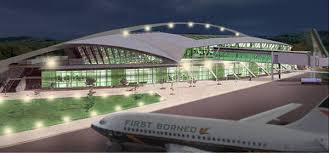
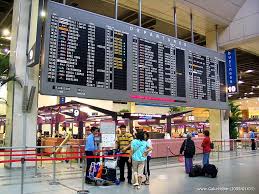

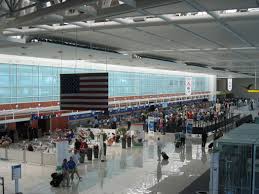

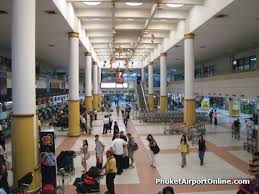
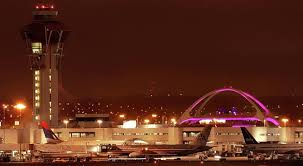
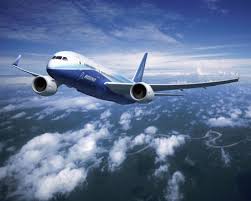
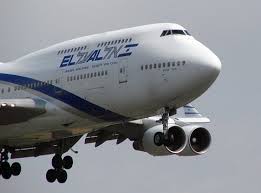



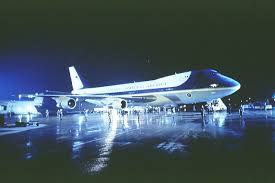
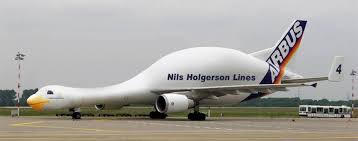
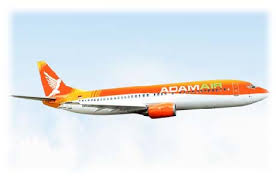
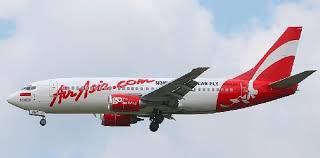
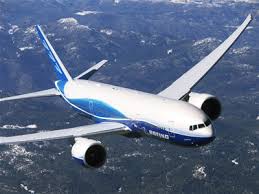

No comments:
Post a Comment